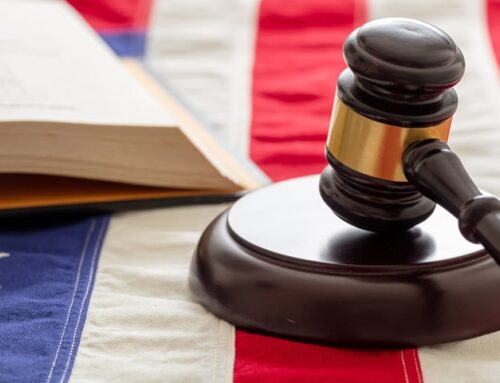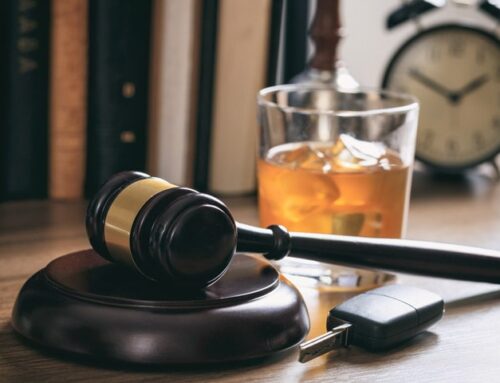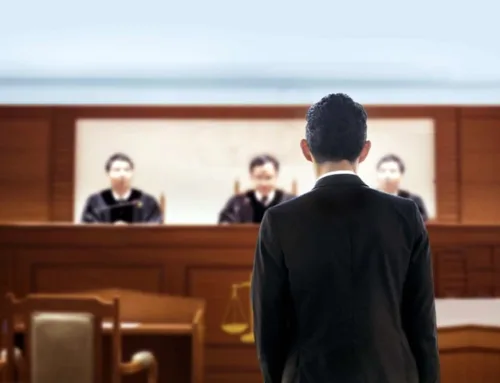Impaired Driving Versus Driving Under the Influence (DUI)
Under Utah law, there are two charges that involve drinking and driving: “Impaired Driving” and “Driving under the Influence.” Even though these two charges are separate and distinct crimes, no one ever really gets charged with “impaired driving,” so why does it exist? Impaired driving is considered a lesser offense than a DUI charge, therefore, in some cases, a prosecutor will have the defendant plead to impaired driving in exchange for dropping the DUI charge. In considering whether or not to offer an impaired driving charge in exchange for dropping the DUI charge, the prosecutor will usually look at whether this is the defendant’s first or second offense, what the defendant’s BAC was, and whether the defendant has any other history of alcohol-related problems. When an impaired driving plea is being offered, it will be under one of two circumstances. First, an impaired driving plea can be offered if the defendant agrees to complete court-ordered probation, and completes it successfully. If the defendant fails to complete the probation, the DUI charge will be reinstated. Second, an impaired driving plea can be offered if the prosecutor agrees to the lesser charge and the court finds that the plea is in the interest of justice. If this second option is being used, the defendant pleads to the lesser charge and the DUI charge cannot later be reinstated. (See Utah Code 41-6a-502.5) So why would you want to plead to impaired driving rather than DUI? For one thing, if you plead to impaired driving, and your license is not already suspended by the Driver License Division, your license will not be suspended by pleading to this charge. (See Utah Code 53-3-223(7)(ii)). Secondly, there is no mandatory jail time associated with an impaired driving plea. (See Utah Code 41-6a-502.5(4)). Given that impaired driving is a lesser charge, and carries with it lesser penalties, it may be a good option to consider if it is being offered by the prosecutor, but you should always consider consulting an attorney before entering into any sort of plea agreement.





Leave A Comment